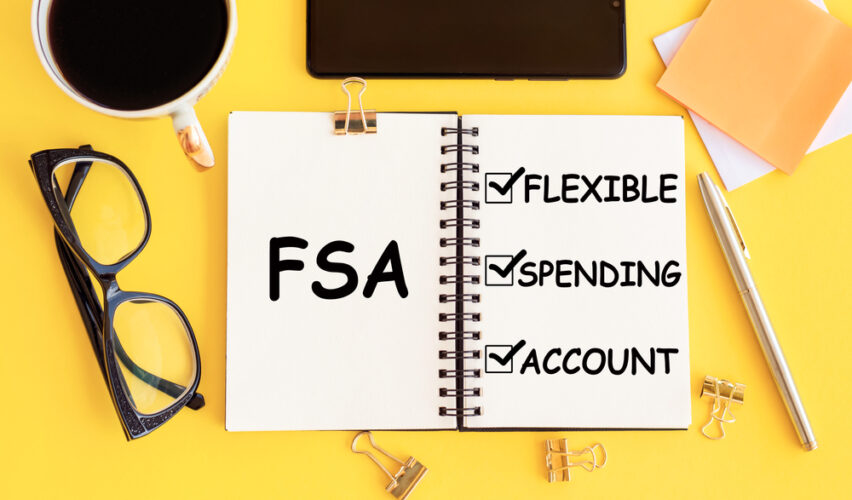When you consider the advantages, you may want to enroll in one of the Federal Healthcare Flexible Spending Account Programs (FSAFEDS) during the next Open Season.
FSAFEDS Tax Advantages
An FSA enables you to contribute pre-tax earnings to pay for healthcare that’s not covered by your FEHB plan. As a result, you can lower your taxable income for each year you’re enrolled in an FSA. Even better — you aren’t taxed when you use money from your FSA account to pay for eligible expenses under your plan. This means you still get the tax benefit even though you’ve spent the funds in your FSA account.
2024 FSA Contribution & Carry-Over Limits
The minimum and maximum contribution limits for all FSA accounts is established by the IRS each year. For 2024, the minimum contribution is $100 per person and the maximum contribution is $3,200 per person ($6,400 for a couple).
Add to this, you can carry over unused funds in your FSA account from one year to the next when you re-enroll during Open Season. The maximum 2024 carry-over amount to 2025 is $640. For unused amounts in 2023, the maximum carry-over to 2024 is $610.
“Keep in mind that, since FSA participation is not automatic, you can only enroll during Open Season.”
FSAFEDS Eligibility & Enrollment Requirements
If you’re an active employee of a federal agency that participates in FSAFEDS, you’re most likely eligible to enroll for one of the programs. To enroll in an FSAFEDS plan, you need to be eligible for FEHB however you don’t need to be currently enrolled in a FEHB plan.
Keep in mind that, since FSA participation is not automatic, you can only enroll during Open Season. And, if you want to continue your FSAFEDS program, you must re-enroll during Open Season. The 2025 Open Season runs from Nov. 11, 2024 till Dec. 9, 2024.
FSA Enrollment Ends When You Retire
Since FSAs are funded with pre-tax earnings from your federal paychecks, you can no longer participate once you’re retired and receiving a FERS annuity (pension). That’s why it’s important to spend your FSA funds before you separate from service especially if you’ve been putting off a medical procedure that’s not covered by your FEHB insurance.
Healthcare FSA Eligible Expenses
In addition to using your Healthcare FSA to cover medical expenses, you can use it to pay for eligible out-of-pocket expenses. These include dental exams, cleanings, X-rays, and braces plus vision exams, contact lenses, eyeglasses and more. You can also use it to pay for prescribed over-the-counter drugs and prescriptions that aren’t covered by insurance. For more information and a complete list of eligible expenses, go to www.fsafeds.com.


























